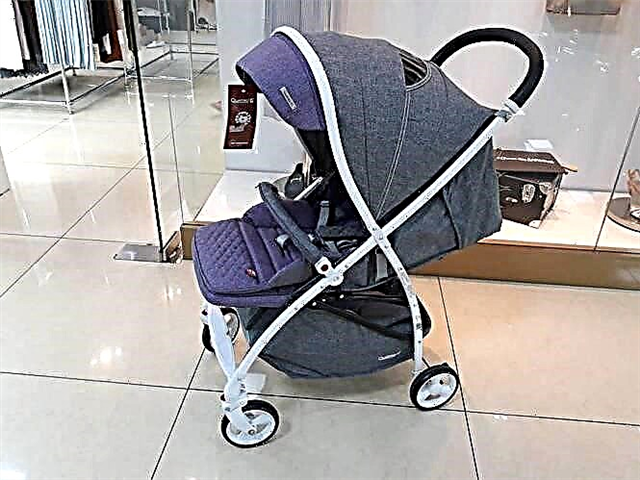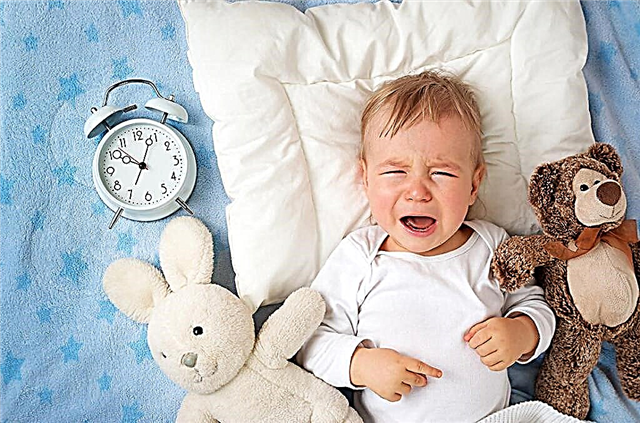
For special children, the attention and support of parents is important, as well as the right treatment to help improve the condition. Doctors for tics, autism, and some other diseases prescribe the drug "Sonapax", which has proven itself in medical practice.

Release form
"Sonapax" is available in the form of pink and yellow dragees of 10 and 25 mg of active ingredient. Packed in blisters of 30 or 20 pieces. A regular pack contains two or three blisters or 60 pills.
Composition
The action of "Sonapax" is based on thioridazine hydrochloride - a neuroleptic, that is, an antipsychotic substance with a balanced effect. It also has a slight antidepressant effect.
The dragees contain corn starch, silicon dioxide, lactose, sucrose. Cochineal red is used as a dye.


Operating principle
Dragee "Sonapax" is a derivative of phenothiazine, which has a wide range of effects on the nervous system, both central and peripheral. Including it is an antipsychotic, tranquilizing, antidepressant, antipruritic and antiemetic drug, is able to suppress the flow of pituitary and hypothalamic hormones into the blood.
A small dose of the drug relieves anxiety, nervous tension, but does not cause drowsiness.

Indications
The range of diseases and conditions for which Sonapax is used is quite wide. These are various phobias, depressed mood or, on the contrary, excitement and aggression, sleep disorders and concentration. Usually these symptoms accompany neuroses. In addition, the drug is effective in schizophrenia and manic-depressive psychosis.
Often prescribed "Sonapax" for tics in children, although this symptom is not indicated in the instructions. This is exactly the case when the practice of using a drug expands its indications. Also used "Sonapax" in children with autism, which contributes to the progress in the development of the child, including the development of speech.

At what age is it prescribed?
Usually Sonapax is prescribed for children from 4 years old. On the recommendation of doctors, it is possible to use the medicine to treat younger children. But you shouldn't do it yourself. Sonapax is a serious drug that affects the entire nervous system of the body, including the brain.
And if the child already has mental problems, developmental delays, including speech, then the thoughtless use of medication can not help in solving problems, but on the contrary, aggravate them.

Contraindications
Instructions for the use of any medication contain the main contraindication - intolerance or hypersensitivity to the components of the medication. Parents need to carefully study the composition of the tablet before giving it to children. Hypersensitivity can develop not on the main component, but on the auxiliary one. For example, lactose intolerance is quite common.

In addition, Sonapax has a fairly impressive list of diseases in which its use in children is contraindicated. Among them are some diseases and injuries of the brain, cardiovascular failure, high blood pressure, acute depression.
In some diseases, it is possible to treat children with Sonapax, but with caution, carefully observing the condition of the child. If there is renal or hepatic failure, epilepsy, hematopoietic disorders, as well as any diseases associated with respiratory failure, then taking "Sonapax" should be supervised by a doctor, and in his absence, parents need to monitor the child so as not to miss the appearance of negative symptoms.

Side effects
During treatment with Sonapax, some side effects may occur. For example, the instructions indicate parkinsonism syndrome - this is a condition in which the child cannot maintain balance, often falls, and moves with difficulty. Drowsiness, general apathy, depression may also develop. Allergic manifestations are possible in the form of skin rash, irritation and itching, constipation.
If a child has these or any other symptoms that parents associate with Sonapax treatment, you need to stop taking it, consult a doctor, and in the meantime, see if the condition has improved without medication. Perhaps the onset of symptoms is a coincidence not related to treatment.

Instructions for use
"Sonapax" is given to children from 4 years old. For children under this age, the dosage is set individually by the attending physician.

It is more convenient for children to give 10 mg pills, that is, from one to five pieces a day. In a dosage of 25 mg, the pills will need to be divided into several parts. This is inconvenient, and besides, it is difficult to track the dosage accuracy. The time of admission does not depend on the child's diet.
Moreover, Sonapax is an enteric pill, so it is not recommended to divide them.
Overdose
There is no specific antidote to the drug, therefore, if the child accidentally took more than the amount of the drug prescribed in the instructions for use or the doctor's recommendations, then symptomatic treatment is prescribed.
Overdose symptoms may include confusion, drowsiness, convulsions, difficulty breathing, increased pressure, dry mouth. As soon as the parents find that the child has eaten a large amount of pills, action should be taken immediately. The first is to seek emergency medical attention. The second - while waiting for doctors to start doing gastric lavage, calculating the volume of fluid depending on the age of the child.
It is not necessary to give a lot of water at once, it is better to rinse several times. Potassium permanganate is usually added to the water.

After washing, or if more than two hours have passed since taking a large dose of the medicine, you need to give the child any sorbent. It can be Smecta, activated carbon, Enterosgel, white coal and others. You can also give your child a laxative to remove the drug from the body as soon as possible.
It is important to constantly be near the child, talk to him, cover him with a warm blanket or blanket, and not let him faint. One of the symptoms of an overdose is a coma, so do not let the child withdraw into yourself, disconnect, maintain physical and emotional contact with him. In a hospital setting, droppers are made with isotonic solutions.

Interaction with other drugs
Like other antipsychotics, Sonapax is able to influence the action of pain relievers, opiates, ethyl alcohol and atropine. It also increases the hepatotoxic effect of diabetes drugs. These medicines also have an effect on the effect of taking Sonapax. Accordingly, only a doctor can prescribe a comprehensive treatment that takes into account the individual indications of the child's condition, his anamnesis and the mutual influence of drugs.

Terms of sale and storage
Sonapax is a prescription drug in Russia. At home, it is stored in a place protected from light and children at room temperature. Shelf life is 4 years from the date of issue, which is always indicated on the package. It is better to throw out the expired drug so as not to accidentally give it to the child.

Reviews
Special children require a special approach. Reviews of parents are full of names of drugs that are prescribed by different doctors in clinics throughout Russia. But judging by the reviews, "Sonapax" is one of the most frequently prescribed drugs in the treatment of delays in speech development, obsessive movements, tics, including autism.
The experience of treating children from tics is also interesting. There is no such indication in the instructions, but doctors often prescribe Sonapax for this very symptom. Parents write that doctors prescribe the usual dosages of Sonapax according to age and taking about 2 months helps to get rid of the problem.

Analogs
You can replace Sonapax with one of the existing analogues. These include "Thiodazin", "Thioril", "Apo-Thioridazin", "Melleril" and others. For example, "Thiodazin", "Thioril" are based on the same active ingredient as "Sonapax" and are allowed for children from 4 years old.


At the same time, analogs are sensitively distinguished by price. So, the price of "Sonapax" in Moscow pharmacies varies from 250 to 400-odd rubles, depending on the content of the active substance. At the same time, "Tiodazin" can be bought for 75 rubles, and "Tioril" - from 120 rubles. In St. Petersburg, one package of the drug costs on average 50-80 rubles more, and in Tver the difference will be about 100 rubles. But analogs also rise in price with distance from Moscow.

The advantage of "Sonapax" is that the drug is produced by an innovative Russian pharmaceutical company that pays much attention to the quality and safety standards of manufactured drugs.
In addition, when replacing, it is imperative to consult a doctor who has experience in treating children with various drugs and can choose the optimal one depending on the individual indications and the child's anamnesis.
You do not need to adjust the treatment yourself, this can adversely affect the health of the baby.

See the following video for recommendations on the use of Sonapax.



